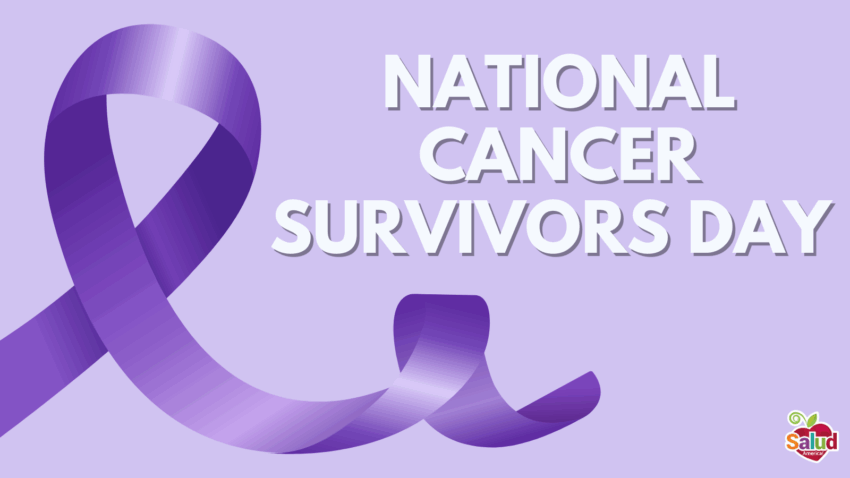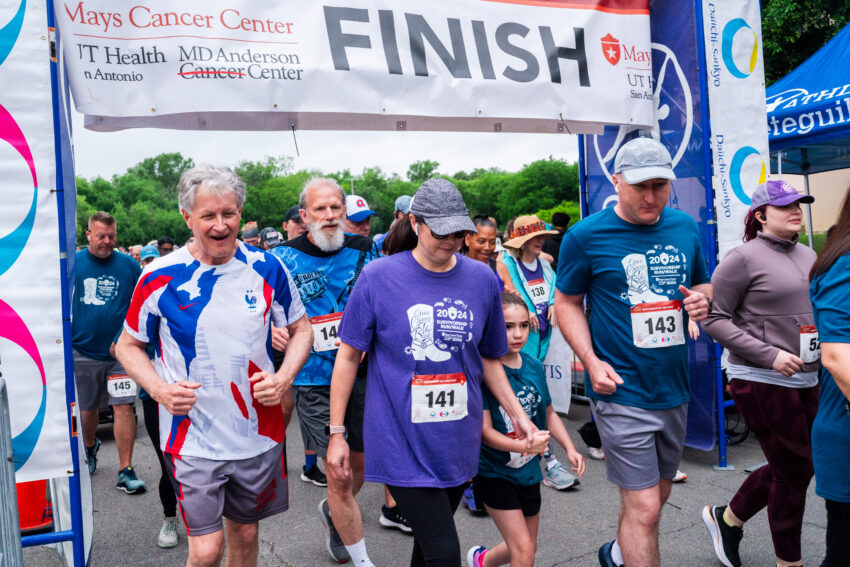Share Your Cancer Story with the Avanzando Caminos Team

Just like fingerprints are tailored to the individual they belong to, no two cancer survivor stories are the same. Yet, every single one is important. “Every story is unique, and every story is worth understanding and learning from,” said Dr. Derek Rodriguez. Dr. Rodriguez is the research scientist helping lead the Avanzando Caminos Hispanic/Latino Cancer Survivorship study team at the Institute for Health Promotion Research at UT Health San Antonio. Everyone’s cancer journey is different and paved with unique challenges and obstacles that define treatment, quality of life, and long-lasting health impacts, he explained. And that’s exactly what the dedicated Avanzando Caminos team is trying to get to the bottom of by collecting the stories of survivors. Let’s ...
Read More






